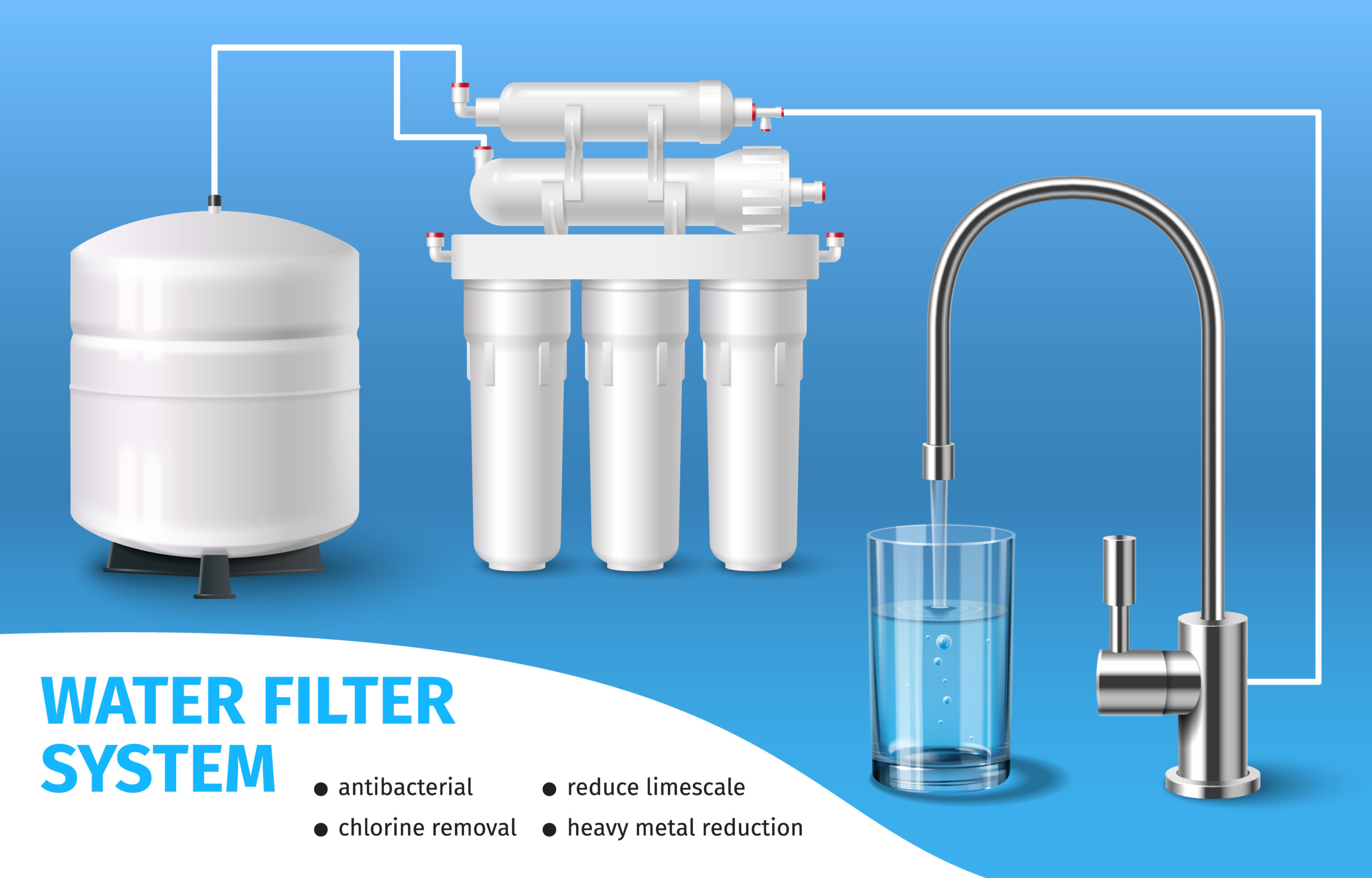A water softener is a system designed to reduce the hardness of water by removing minerals such as calcium and magnesium. These minerals are harmless to health but can create several problems at home, such as scale buildup in pipes, damage to appliances, and soap that does not lather well. Many homeowners look for a water softener to improve water quality, protect their plumbing, and make daily chores easier.
The cost of a water softener is one of the most common questions homeowners ask before making a purchase. Since every household has different water conditions, family sizes, and system needs, prices can vary widely. The final cost depends on the type of system chosen, the brand, the size, and whether professional installation is required. Understanding these factors is important before deciding on the right solution.
Understanding the Cost of a Water Softener
The price of a water softener can range from a few hundred dollars for basic systems to several thousand dollars for advanced models. A standard water softener for a small home may cost between $600 and $1,200, while a large, high-efficiency unit with advanced technology can range from $2,000 to $5,000 or more.
Basic models often include standard features and are suitable for households with moderate water hardness. Advanced systems, on the other hand, come with digital controls, dual-tank designs, and smart monitoring features that improve performance and convenience. These upgrades naturally add to the cost but may save money in the long run through better efficiency and durability.
Factors That Affect Water Softener Prices
Several elements influence how much a water softener costs. The first is the type of system. Salt-based models are usually the most common and effective for hard water, while salt-free systems are often chosen by people who want low maintenance and no need for salt refills. Dual-tank systems provide continuous soft water even during regeneration, but they are generally more expensive.
The brand and quality of the water softener also play a major role. Well-known brands often cost more but provide better warranties, customer support, and long-term reliability. Lesser-known brands may be cheaper but might not last as long.
Another important factor is the size and capacity of the system. A small household may only need a compact unit, while a large family with heavy water use requires a bigger system with higher capacity, which costs more.
Finally, the installation requirements affect the total expense. If your plumbing setup is simple, installation may be affordable. However, if extra work is needed, such as rerouting pipes or upgrading the water line, the cost will increase. Professional labor also adds to the price.
Average Prices by Water Softener Type
The cost of a water softener varies depending on the type of system you choose. A basic single-tank system is often the cheapest option, usually ranging from $600 to $1,500 including installation. These units are effective for small to medium households with moderate water hardness.
Salt-free systems are generally priced between $800 and $2,500. They do not remove hardness minerals but instead condition the water, reducing scale buildup. These systems are often chosen for their low maintenance and eco-friendly design.
For households that need continuous access to soft water, dual-tank and high-capacity models are the most reliable choice. They typically range from $1,500 to $3,500 or more. These units are more expensive because they provide uninterrupted service and can handle high water demands.
Finally, whole-house softener systems, which combine softening with filtration, can cost $2,500 to $6,000 depending on size and features. These advanced systems are usually chosen by homeowners who want both soft water and cleaner water throughout their house.
Additional Costs to Keep in Mind
When asking how much is a water softener, it is important to look beyond the system price itself. There are several extra costs that may apply. Installation fees can range from $200 to $1,000 depending on the complexity of the job. Simple installations are cheaper, but more complicated setups can increase the cost.
Some homes may require plumbing modifications, especially if the existing system is outdated or if a bypass line needs to be added. These modifications can add another $100 to $500 to the bill.
Another expense is maintenance and salt refills. Salt-based systems require regular salt replacement, which typically costs $5 to $20 per month depending on water usage. Routine servicing may also be needed every year or two.
On the positive side, water softeners can bring long-term energy and water savings. By reducing scale buildup, appliances like dishwashers and water heaters last longer and run more efficiently. Over time, these savings can help balance out the upfront investment.
Comparing DIY vs Professional Installation Costs
Some homeowners consider installing a water softener themselves to save money. DIY installation can be a good option if you are experienced with plumbing and if the setup is straightforward. The cost will mostly be the price of the system plus any tools or materials needed. However, mistakes during installation can lead to leaks or damage, which may become costly to fix.
Professional installation, while more expensive, ensures the system is properly connected and fully functional. Most professional setups cost between $300 and $1,000, depending on complexity. Professional work also usually includes a warranty or guarantee, which provides peace of mind.
How to Budget for a Water Softener?
When planning for a water softener, it is important to calculate not only the system cost but also related expenses. Start by estimating the total upfront costs, including the system itself and installation. This gives you a clear picture of the initial investment.
Next, think about long-term savings. A water softener reduces energy bills by improving appliance efficiency and extends the life of plumbing systems. These savings should be factored into your budget.
Finally, plan for maintenance expenses. Salt refills, cleaning, and occasional servicing are part of owning a water softener. By setting aside a small amount for ongoing costs, you can avoid unexpected expenses later.
Conclusion
The question of how much is a water softener does not have a single answer. Prices vary depending on the system type, brand, size, and installation needs. A basic system may cost under $1,000, while advanced whole-house solutions can exceed $5,000. Homeowners should also remember to factor in installation, maintenance, and long-term savings when budgeting.
In the end, the right choice depends on your household’s water hardness, daily water use, and budget. By understanding the full range of costs and benefits, you can make a confident decision that improves your home and protects your appliances for years to come.
FAQs
1. What is the average cost of a water softener in 2025?
The average cost ranges between $1,000 and $3,000 for most households, including installation. Basic models may be cheaper, while advanced systems can be more expensive.
2. Does the type of water softener change the price?
Yes. Salt-based systems are generally less expensive, while salt-free and dual-tank models tend to cost more. Whole-house systems are usually the highest in price.
3. How much does installation usually cost?
Professional installation typically ranges from $300 to $1,000, depending on the difficulty of the job and plumbing requirements.
4. Are there ongoing costs after buying a water softener?
Yes. Salt refills, regular maintenance, and occasional servicing are required. These costs are usually small but should be included in your budget.
5. Is it cheaper to install a water softener yourself?
DIY installation can save money upfront, but it requires plumbing skills. Mistakes can lead to higher costs later, so professional installation is often worth the extra expense.
My name is Mustafa, and I have been blogging for over 5 years. I am passionate about sharing complete, accurate, and helpful information with my readers. Along with managing content on The Matcha Read, I also contribute blog posts to premium websites. My goal is to provide valuable insights in a clear and easy-to-understand way, so every reader walks away with useful knowledge.










